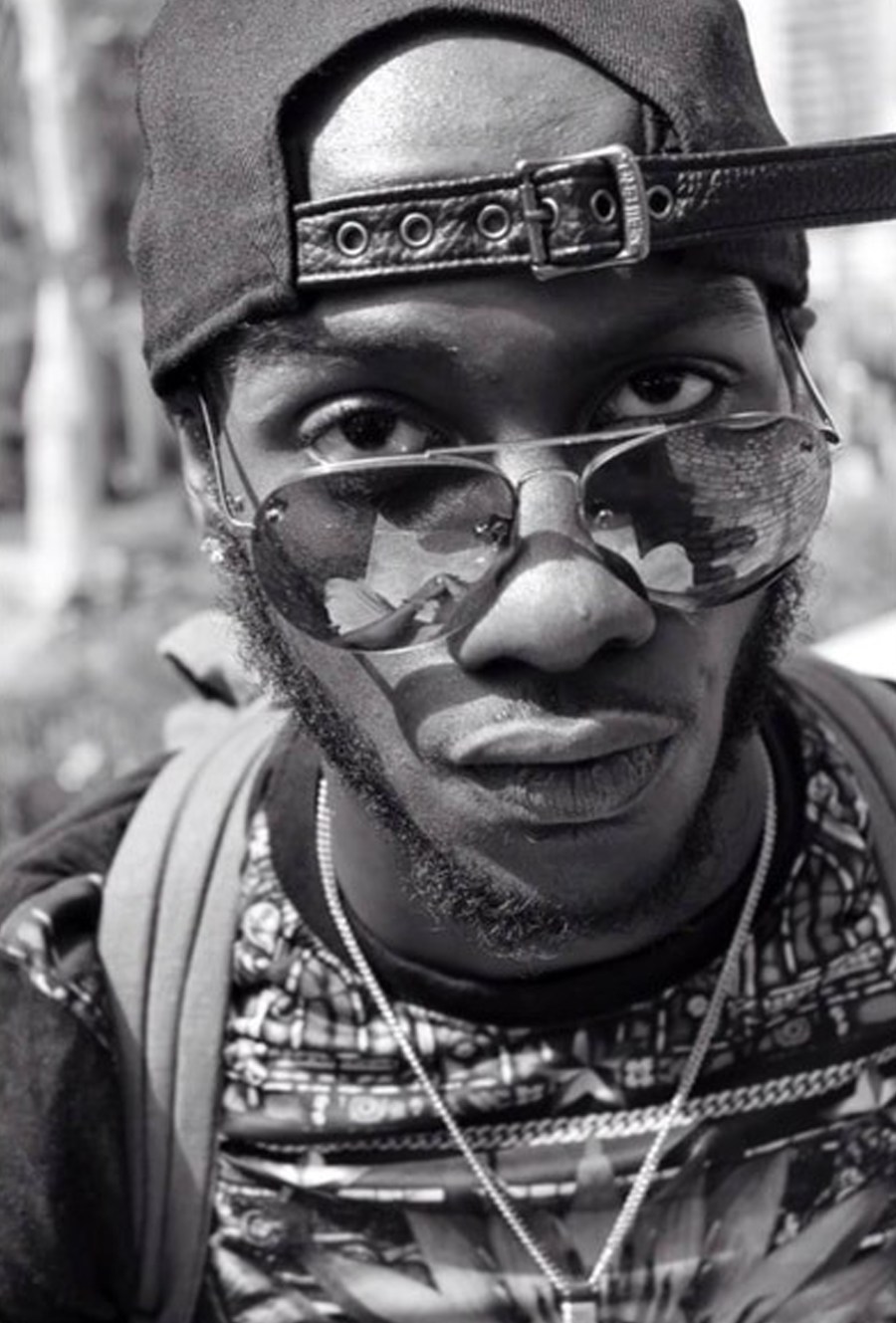I recently met a group of friends in London to see our personal queen, Beyoncé, perform “Renaissance,” an album she made for us, who are seen as too gay, too Black, too loud and too free by too many.
It’s a life-giving celebration of queer people who were ignored for so long. It was never meant to be the album playing while one of “us” gets killed in the streets.
“Renaissance” is historic not just because of what Beyoncé is singing, but to whom she is singing. “Renaissance” is unapologetically Black and queer, and, unlike its famous pop music predecessors, such as Madonna’s “Vogue,” it includes “us” by sampling the voices and work of queer trailblazers like TS Madison, Kevin Aviance, Honey Dijon, Kevin JZ Prodigy and more.
It’s a life-giving celebration of queer people — like Beyonce’s late Uncle Johnny — who were ignored for so long. It was never meant to be the album playing while one of “us” gets killed in the streets.
O’Shae Sibley, a 28-year-old choreographer, was stabbed to death in Brooklyn, New York, in what authorities are investigating as a possible hate crime. He was with friends getting gas, playing Beyoncé and vogueing when reportedly they were confronted by a group of men who thought Sibley was being too gay — and should stop dancing.

Sibley was stabbed in the chest Saturday night and rushed to a nearby hospital where he was pronounced dead at 11 p.m. He died as Beyoncé was performing “Renaissance” at nearby MetLife Stadium, in New Jersey.
On Wednesday morning, she mentioned him on her website with the message: “REST IN POWER O’SHAE SIBLEY.”
“The sad reality is that even in New York City, LGBTQ+ people are still subjected to increased violence, simply for being themselves,” Beverly Tillery, executive director of the Anti-Violence Project, an LGBTQ advocacy group, said in a statement. Her group has tracked at least 45 anti-LGBTQ+ hate incidents just this year, three of them homicides.
“They murdered him because he’s gay, because he stood up for his friends,” Otis Pena, one of Sibley’s best friends, said in a heartbreaking Facebook live video hours after the incident. “His name was O’Shae, and you all killed him. You all murdered him right in front of me.”
Arrests have not yet been made, but the police have confirmed that the hate crimes unit is currently involved in the investigation. We may not know for some time if hate crime charges will be filed, but we do know that this incident follows violent attacks that are regular in this country, even as LGBTQ visibility is at historic heights.
We may not know for some time if hate crime charges will be filed, but we do know that this incident follows violent attacks that have become regular in this country.
Actress Laverne Cox made history with her 2013 Time magazine cover, a first for a trans person, but things are worse 10 years later. “[W]e have way more people who are educated about trans folks, but there’s also been a rigorous misinformation media machine,” she reflected in a recent interview with the magazine. “The backlash is ferocious. It’s genocidal.” She’s right.
Reports of hate crimes are rising and apparently not because there’s some increased willingness to report such crimes. According to recent data from the FBI, identity-based violent crimes rose at least 12% from 2020 to 2021. The attacks on LGBTQ people — including the murder of trans women of color — have only become more frequent. The homicides of trans and nonconforming people in the states and in Puerto Rico nearly doubled between 2017 and 2021. We’ve also seen high-profile deaths. Koko Da Doll, a star in the new documentary film Kokomo City, was murdered this year.












